This post was originally published in October 2018, Updated in November 2022.
Dandruff is a common condition that causes the skin on your scalp to flake. Researchers believe what causes dandruff in hair is still unknown but there are possible factors that contribute to the condition. These factors could be the reason for having dandruff or worsening the condition.
Usually, dandruff can be controlled as it often responds to hair care products. All you have to do is to choose the natural remedy that suits you, the right shampoo, and wash your hair regularly to notice an actual change.
Also, you should consult a doctor if your condition is severe.
In this article, I will include the causes of dandruff, home remedies to get rid of it, and more FAQs.
Let’s get started…
Table of Contents
What Causes Dandruff In Hair?
1- Stress
Stress affects the immune system and worsens any skin condition. It also provokes flare-ups. When you feel stressed, you scratch your scalp, and the more you scratch, the itchier it becomes.
2- Unhealthy Diet
A healthy balanced diet leads to healthy hair and skin. This means you should consume meals that are rich in vitamins, minerals like iron and zinc, and monounsaturated fatty acids.
You should provide your body with the nutrients it needs to maintain your overall health including your scalp health. So consume nuts, avocados, salmon, and olives.
A healthy diet can play an important role in controlling dandruff in hair. But eating high-saturated fatty foods leads to producing more oil and makes dandruff worse.
3- Not Using Shampoo Enough
When you’re not washing your hair frequently, oils, dead skin cells, and sweat build up on the scalp. And this makes flakes start to appear on the scalp, so shampooing your hair regularly helps reduce and control dandruff.
4- Irritated Oily Skin ( Seborrheic Dermatitis )
Seborrheic dermatitis is also one of the most common causes of dandruff in hair.
It’s a skin condition that causes scaly skin on the scalp. The skin on the scalp becomes greasy and red and is covered with yellow scales or white flakes.
It might affect other areas of the body that are rich in oil glands. These areas include the sides of your nose, breastbone, and the back of your ears.
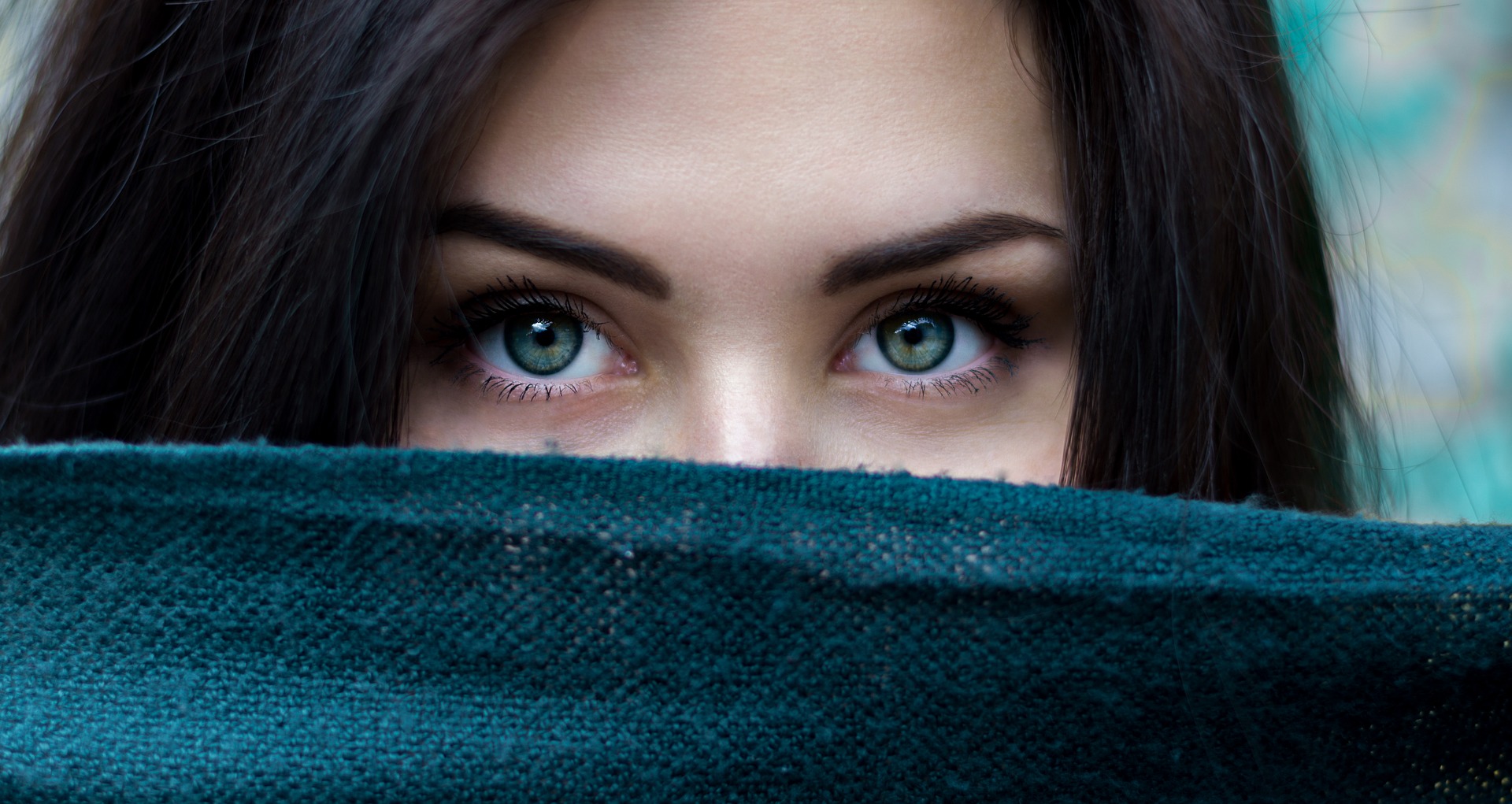
5- Dry Skin
There’s a difference between dry scalp and dandruff. Both can cause flakes to appear on the scalp.
Your scalp may become dry due to using certain products that strip it of its natural moisture or you simply don’t drink enough water.
Also, living in cold countries could make your scalp more prone to dryness.
So dandruff and dryness are similar conditions that make your scalp flaky but needs different treatment.
For dry scalp, you will need to use gentle hair-care products and stay hydrated while for dandruff, you will to use certain anti-dandruff shampoos and try home remedies.
6- Age
Dandruff usually begins to appear in puberty and continues through middle age.
7- Gender
Dandruff affects males more than females because researchers think it’s related to hormones.
8- Hair Care Products
Your skin could be sensitive to some ingredients in hair-care products which may make your scalp itchy, red, and scaly. These products may also cause bumps to appear on your scalp, read more.
9- Skin Conditions
Some certain skin conditions cause dandruff in hair. People with eczema or with HIV infection are more prone to develop dandruff.
Also, dandruff starts to appear in people with a compromised immune system and ringworm sufferers.
Symptoms Of Dandruff:
- Flakes.
- Itchy scaly scalp.
- White oily flakes in your hair.
- Red patches on the scalp.
- Hair loss.
- Skin flakes on eyebrows, beard, and shoulders.
Top Natural Remedies To Get Rid Of Dandruff:
Coconut Oil
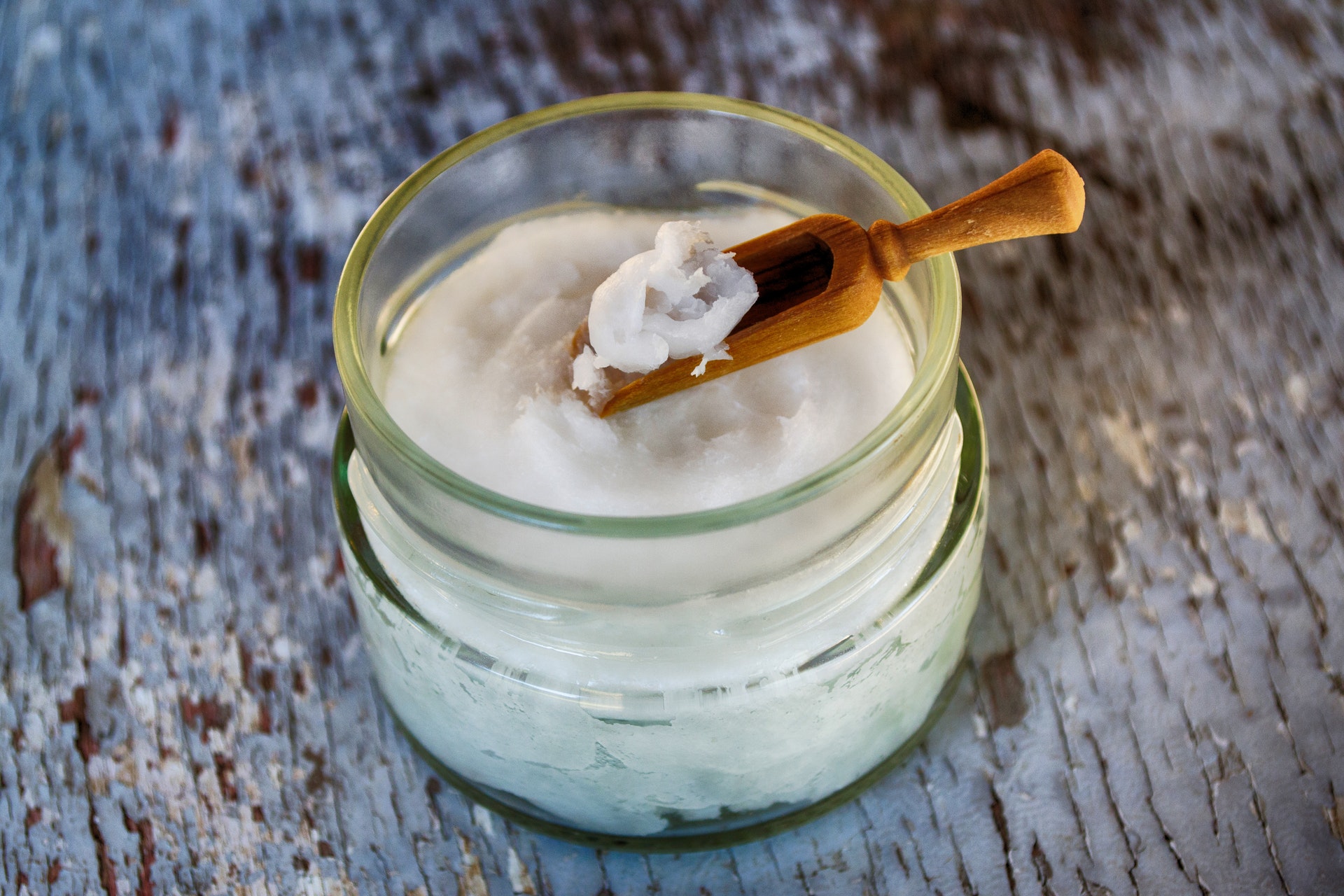
It is used as a natural way to help you get rid of dandruff as coconut oil has the ability to reduce dryness and keep skin hydrated.
Coconut oil has also antimicrobial and anti-fungal properties that can reduce dandruff symptoms.
How to use it? Apply about 4-5 tablespoons of coconut oil to your scalp and massage for a few minutes. Leave it for 30-60 minutes then shampoo your hair. Or use a shampoo that contains coconut oil.
Tea Tree Oil
This oil can improve the severity of dandruff as it has antimicrobial and anti-inflammatory properties that can treat dandruff.
A study showed that using tea tree oil shampoo can decrease and improve greasiness. Also, it can reduce itchiness.
How to use it? Apply a few drops of tea tree oil to your scalp and massage for a few minutes. Leave it on for 30-60 minutes then wash your hair. You can also try tea tree oil shampoo.
Lemon
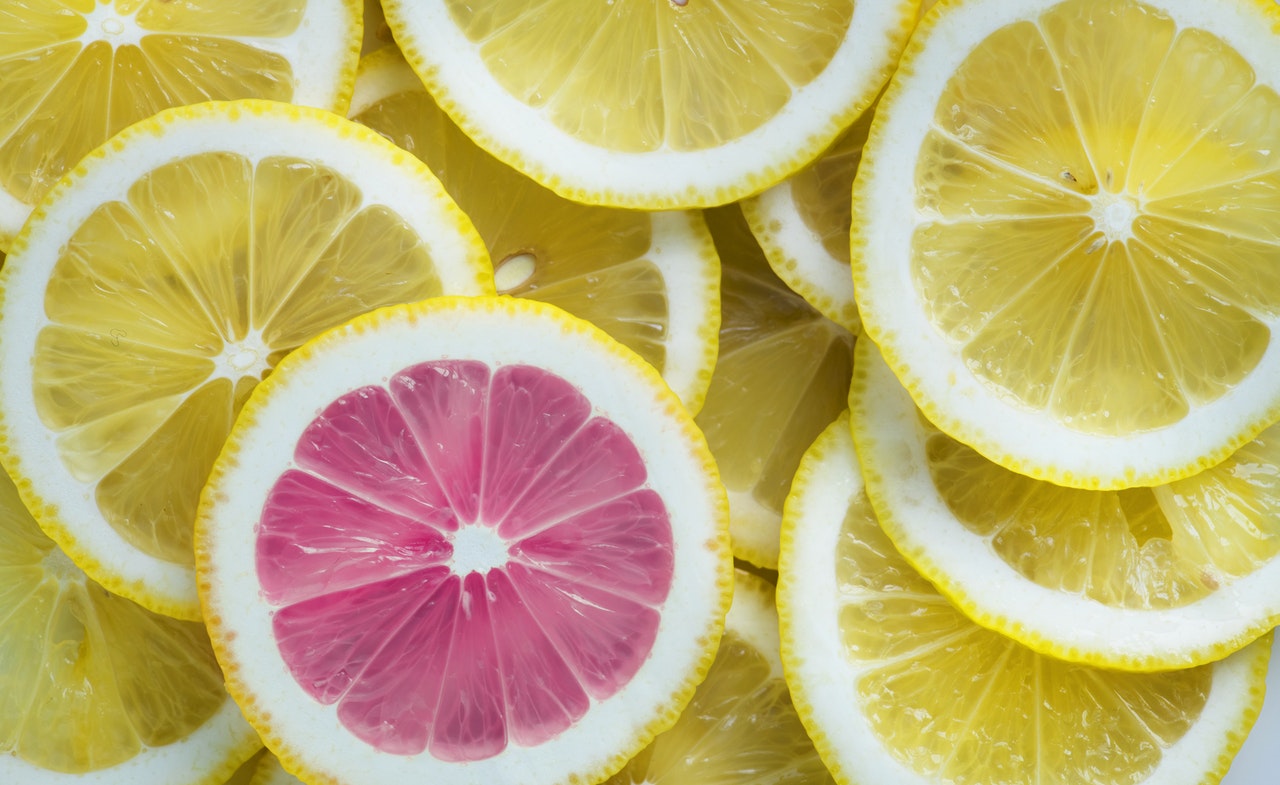
Lemons help balance the pH of your scalp which will reduce dandruff and itching. Lemons are also loaded with vitamins C and B which can strengthen hair follicles. Those vitamins can also keep your scalp healthy and reduce inflammation.
How to use it? Massage two tablespoons of lemon juice into your scalp and rinse with water. Also, stir one teaspoon of lemon juice into one cup of water and rinse your hair with it.
Olive Oil
Olive oil is a great remedy for dandruff as it moisturizes and hydrates dry areas that might be flaking off. It’s one of the best ingredients of any effective hair mask due to its anti-inflammatory and antibacterial properties.
How to use it? Apply about 1-2 tablespoons of olive oil to the scalp and massage. Leave it on for 30-60 minutes then
Aloe Vera
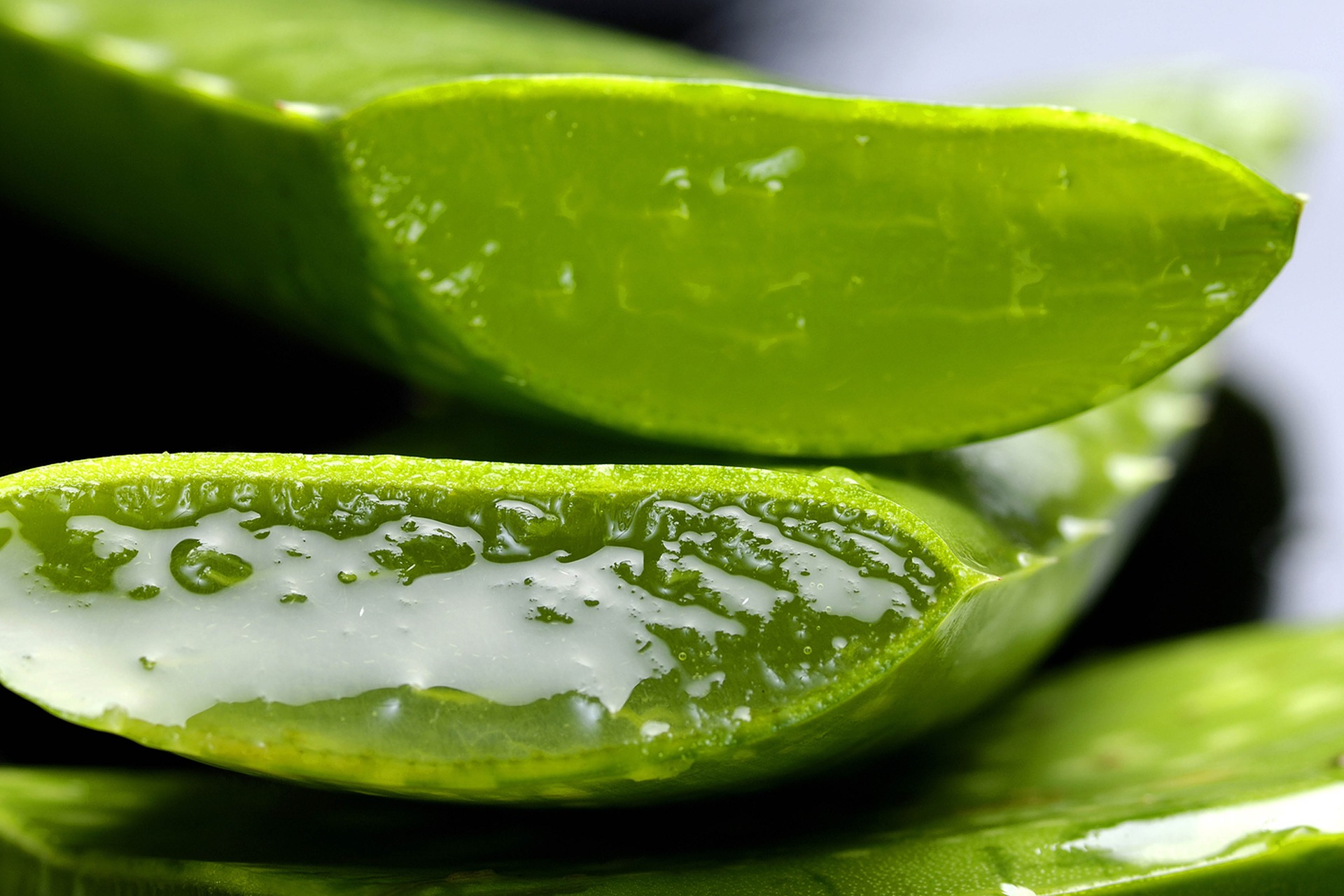
It also has antibacterial and anti-fungal properties that can help reduce inflammation, itching, and other dandruff symptoms. Aloe vera can also hydrate and keep the scalp nourished.
How to use it? Apply Aloe Vera gel to your scalp and massage gently in circular motions for a few minutes. Leave it on for 1-2 hours then shampoo your hair.
Reduce Stress Levels
Stress can affect the immune system health which will have a negative impact on your overall health.
High-stress levels can worsen any skin condition as I said earlier. This means stress could decrease your body’s ability to fight dandruff causes.
A study has shown that Seborrheic Dermatitis is usually preceded by stressful events.
So what to do? You need to relax. You should exercise 3-5 times a week, do meditation and yoga, and sleep well. Also, you can manage stress by spending some time with your friends and talking about your feelings.
Apple Cider Vinegar
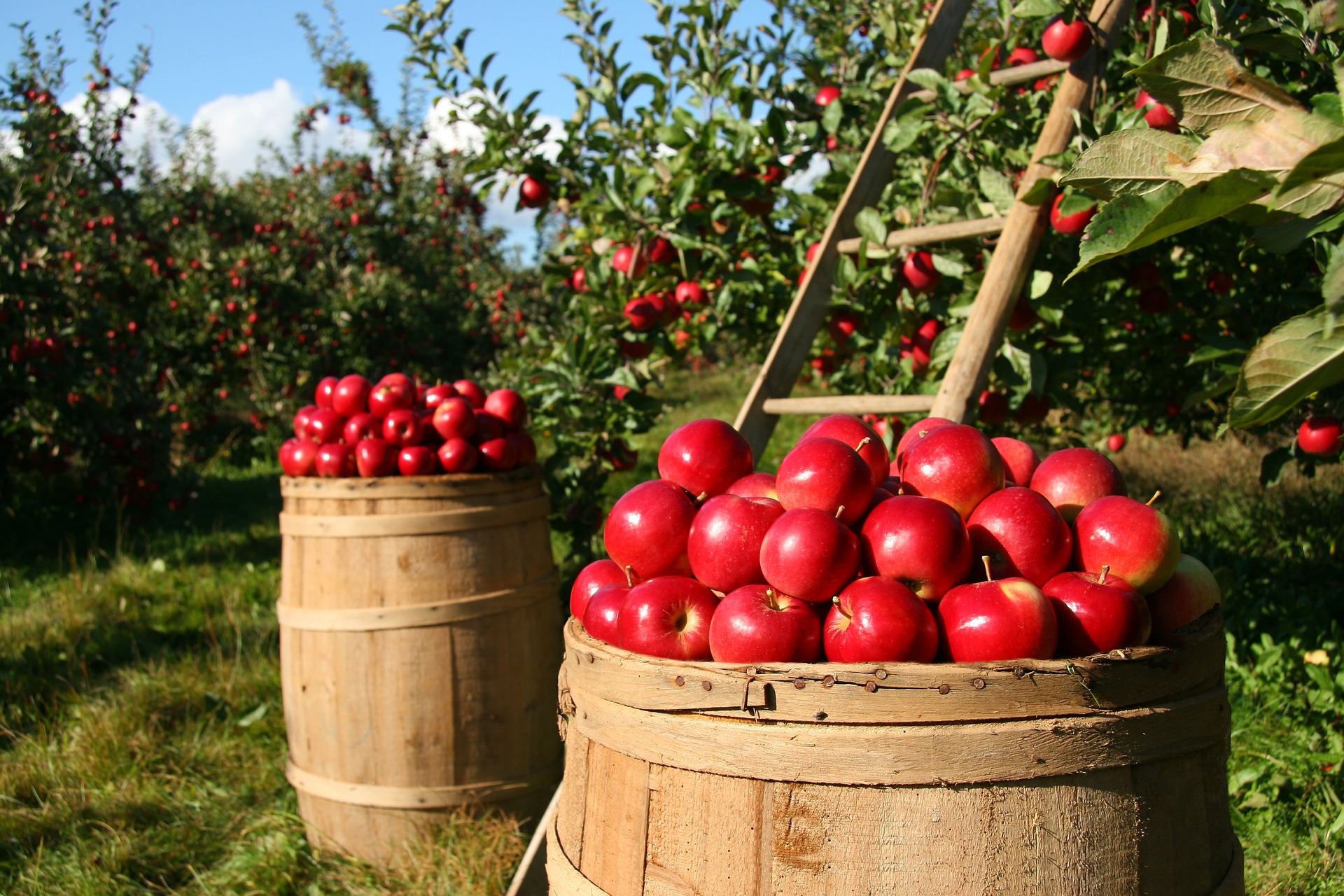
ACV can help you get rid of dead skin cells on the
How to use it? Mix a quarter cup of water with a quarter cup of apple cider vinegar in a spray bottle. Then, spritz on the scalp and let it sit for 20 minutes then shampoo your hair.
Keep in mind that ACV may irritate your scalp if you have sensitive skin.
Healthy Diet
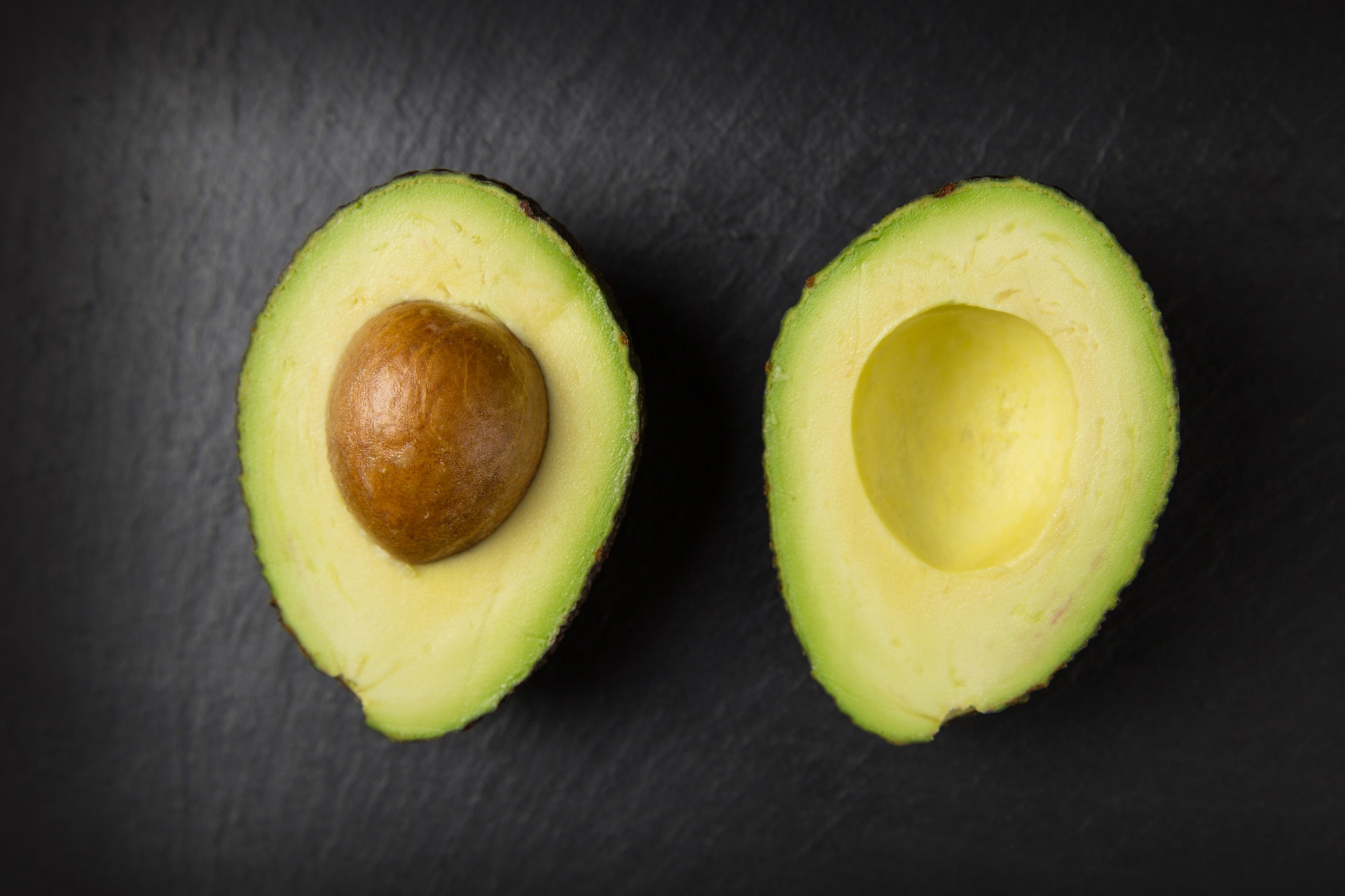
Because healthy food is the key to healthy skin and hair, you should eat more food high in vitamins, minerals, and healthy fats.
Add to your diet more food rich in zinc, monounsaturated fatty acids, and vitamin B.
Avoid eating high-saturated fatty foods as they will make your body produce more oil and makes dandruff worse.
Consume more protein, vegetables, and fruits instead. Also, Nuts, avocados, and olives can also help you maintain a healthy scalp.
Furthermore, limit your consumption of food that contains high amounts of sugar.
Tip:
For the best results, wash your hair with a mild anti-dandruff shampoo along with these natural remedies.
FAQs:
How Often Should You Wash Your Hair If You Have Dandruff?
This depends on your condition, some people may need to shampoo their hair 2 times a week while others may need to cleanse their scalp daily.
Is Dandruff Caused By Stress?
Yes. Studies showed that stress is one of the factors that contribute to dandruff, and could worsen the symptoms.
Do Cold Showers Reduce Dandruff?
Yes. Cold showers could help reduce dandruff as it doesn’t strip your scalp of its natural oils, help you relax and reduce stress, and prevent flaking and itching.
The Bottom Line
Dandruff is a common disorder that affects people from all over the world. But you might be asking yourself, what causes dandruff in hair, right? Many factors are responsible for causing dandruff including eating unhealthy food, stress, age, gender, etc.
To get rid of dandruff, you should make some lifestyle changes. Managing stress, eating more healthy food, and trying natural home remedies can help reduce dandruff.
Plus, it’s highly recommended to visit a dermatologist if the home remedies didn’t work!
